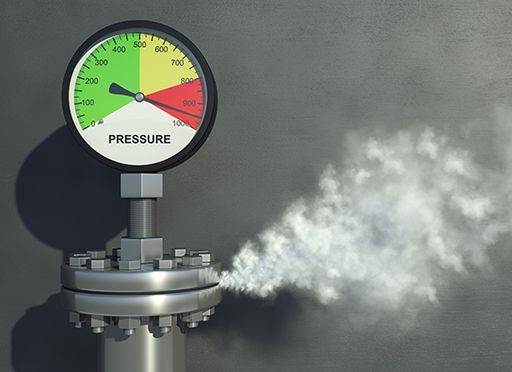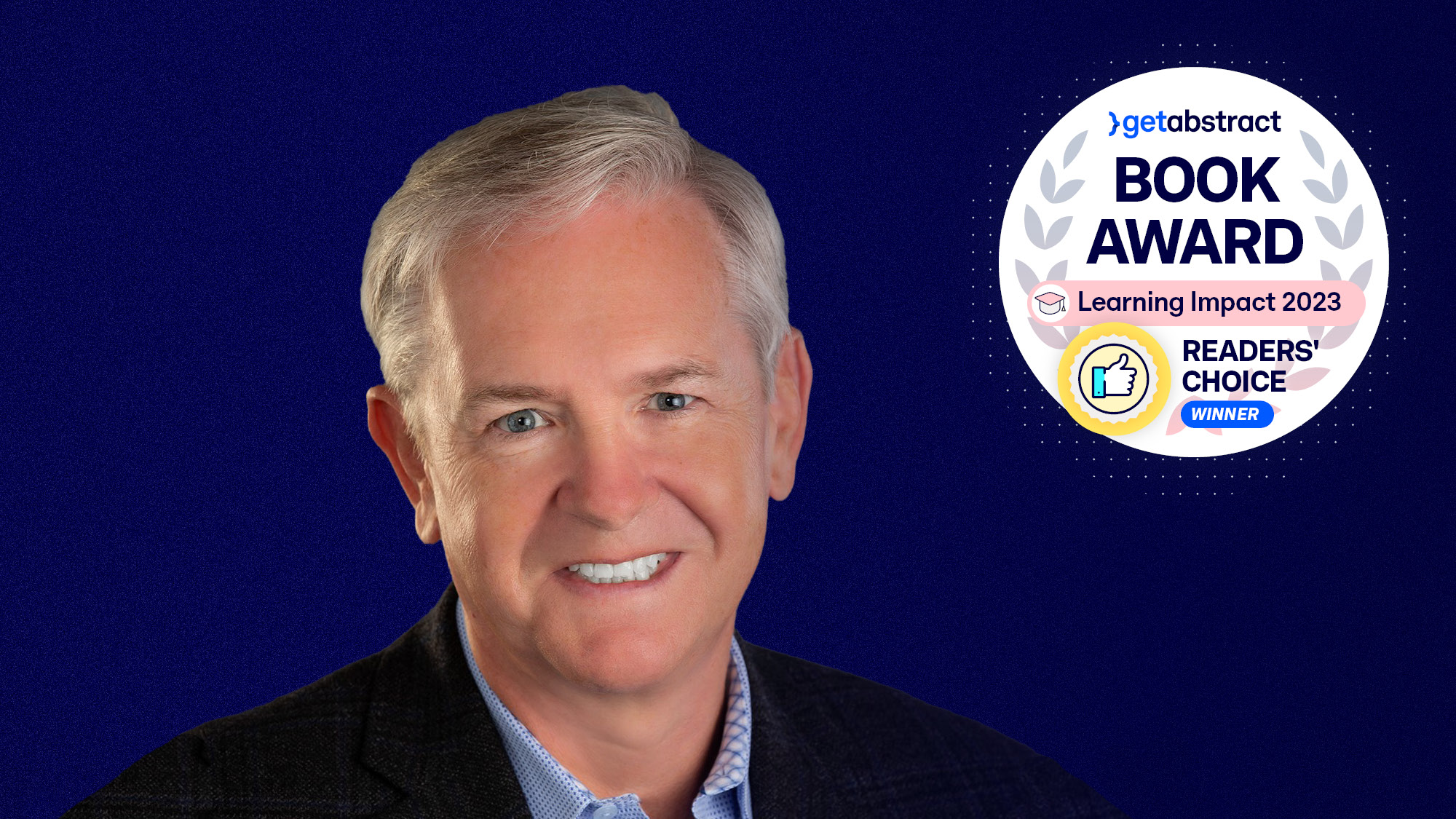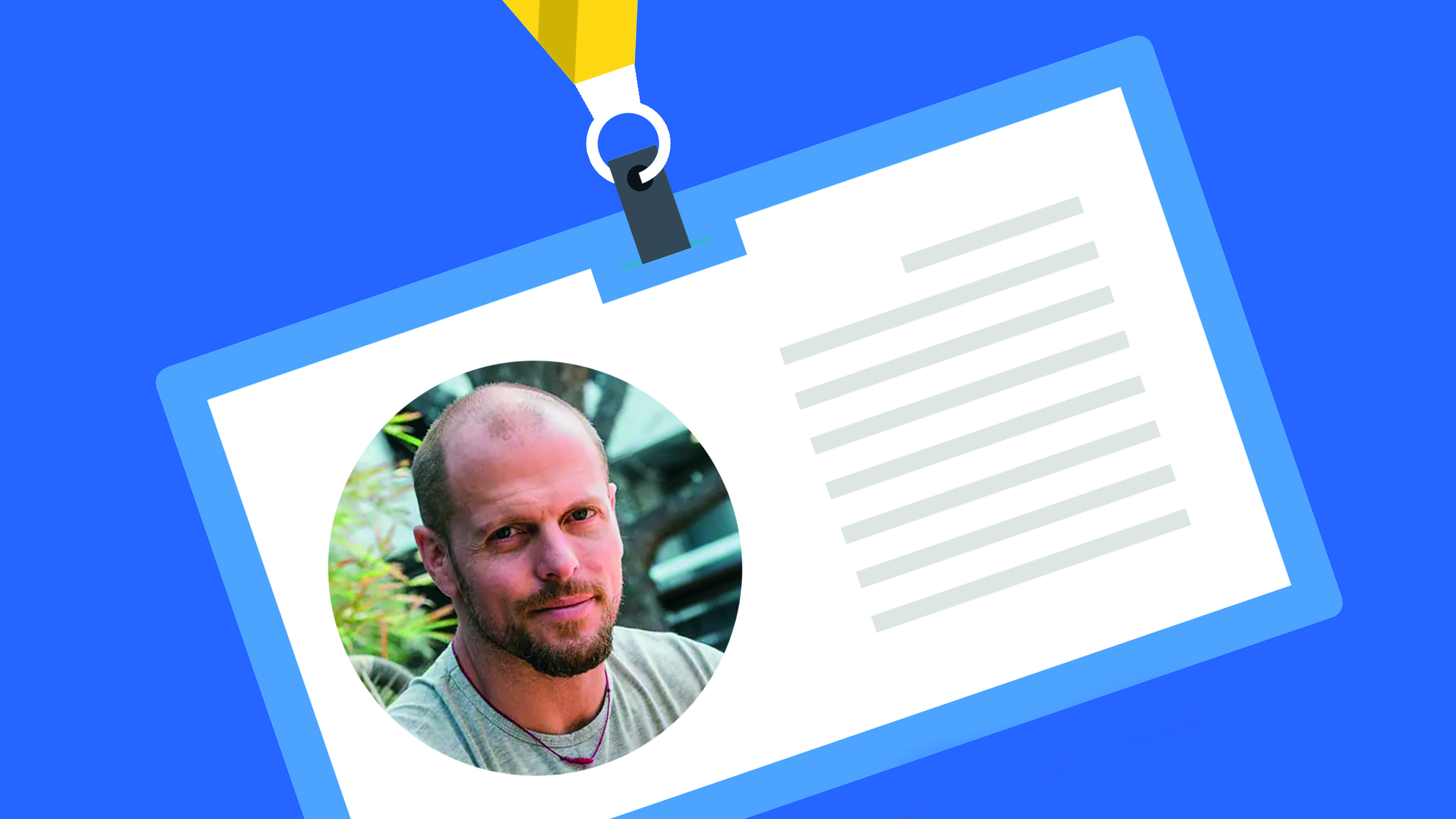“Stress Is Not the Enemy”

Richard, what is stress, and how does it help us?
Richard Sutton: Stress is the body’s survival software. When exposed to stress, we instantaneously improve our functionality and performance in key systems of the body. This includes our immune system, our cardiovascular system, our hormonal system, our nervous system. Fundamentally, it’s the body’s way of saying, “I’ve got this, I am ready to confront whatever is coming my way.” Stress results in an enormous systemic reorganization. Over time, however, this reorganization can jeopardize the health of many biological systems. The digestive, reproductive and nervous systems all get recalibrated to ensure that we survive the here and now, possibly at the expense of the future.
What differentiates “good” from “bad” stress?
It’s certainly not circumstance. It’s not what we’re confronted with. It’s the duration of stress and the frequency of stress that harms our health. Sporadic episodes of stress don’t overwhelm our system and can even benefit us. But when we experience stress over a period of days or weeks, it’s no longer an enabling biological state but a destructive one.
Stress results in an enormous systemic reorganization.
Richard Sutton
What can we do to prevent stress from becoming chronic?
We can learn how to shut the stress response down and recalibrate. This is best done with techniques that activate the vagus nerve, whose primary function is to regulate the stress axis when we feel overwhelmed. You can maintain physiological balance by practicing these techniques on a daily basis. Effective modalities include various forms of mediation, deep breathing exercises, yoga, swimming, cold facial immersion and physical therapies. You don’t need to spend a long time engaging in these activities for them to work. For meditation, the sweet spot seems to be at around 13 minutes a day.
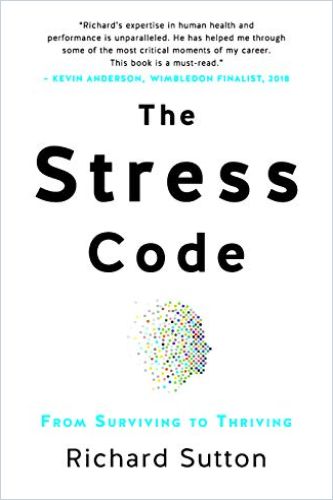
A main takeaway from your books, which many may find surprising, is that stress has less to do with having too much work than with feeling out of control. Can you say something about that?
Life’s many demands themselves don’t automatically translate into stress. If we perceive these demands as opportunities to grow and move forward, we feel invigorated even though we are working long hours. A study conducted in the UK, involving around 28,000 people over a four-year period, sought to establish a link between stress and negative health outcomes. What the study uncovered was that high demands and long working hours did not correlate to stress and negative health outcomes. Instead, perceived lack of control was the biggest driving force of stress. The other primary drivers of stress the study identified were lack of support (either emotionally or instrumentally), the perception of not being treated fairly, and not feeling valued and appreciated for one’s efforts.
Stress is a software program that helps us to adapt and cope with change.
Richard Sutton
Considering that extraneous factors can greatly influence people’s stress levels, what can employers do to help people feel less stressed?
Employers can take steps to buffer unnecessary stressors. They can create a safe haven where people feel they have autonomy and are allowed to make mistakes. Organizations can provide practical assistance as well as emotional support, such as through mentorship programs. They can increase the perception of justice through transparency and fair compensation. They can create an environment where people feel appreciated for their efforts and have opportunities to grow. Fundamentally, employers can take care of the four main stressors that negatively impact mental health and human performance.
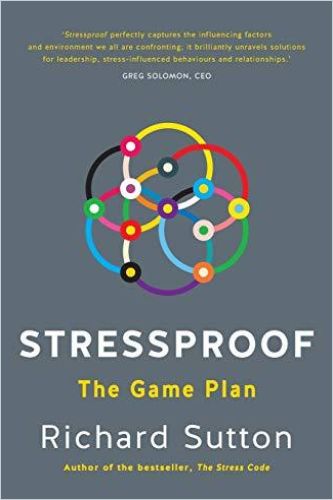
Since the start of the pandemic, many people have been experiencing a low-grade, chronic type of stress perpetuated by a general sense of uncertainty about the future, health-related anxieties, worries related to job security, etc. How can people get a handle on these low-grade stressors and thrive in the face of all these uncertainties and challenges that have no end in sight?
The answer to this question has two parts: manage your stress strategically and develop resilience. Regarding the first part, it’s important to choose strategy over tactics. Uncertainty, instability and ongoing health concerns will be part of our lives, so we have to plan accordingly. We’ve got to lay out a strategic plan for stress management to help us get better.
It’s the duration of stress and the frequency of stress that harms our health.
Richard Sutton
What would such a strategic stress management plan look like?
Such a plan would have three main components. First, adopt regular behaviors and techniques that help shut down the physiological stress response. I describe many of them in The Stress Code. Second, learn to leverage the power of human connection. If you look at our ancestral past, if you look at what made us successful historically, it was human connection. When we were in crisis, we reached out to grab the people closest and handle the crisis together. By doing so, our brain circuits start to change. The fear circuits get replaced by circuits that provide opportunities for growth and solutions. At the same time, we start releasing hormones like oxytocin, which makes us feel more competent and trusting toward others.
Learn to turn off the stress response, reach out to others… What is the third pillar of an effective stress management program?
Third and finally, change your mind-set. Stress is not the enemy. Without the biological stress response, we would not have survived famines, wars and other existential challenges in the past. Basically, stress is a software program that helps us to adapt and cope with change. The key is not to run from it but to embrace it. Sweaty palms are my body’s way of saying, “I’ve got this.” When my respiration increases, it means that I’m ready for action. If you put these three things together, you’ll have an amazing strategy for keeping stress at bay. The stress that you’re exposed to from a psychological and emotional perspective is not going anywhere. Still, you can modulate the biological state that can become extremely overwhelming and prevent you from performing well under pressure. Managing our stress is the launching point to the best version of self.
Uncertainty, instability and ongoing health concerns will be part of our lives, so we have to plan accordingly.
Richard Sutton
How about the second part, developing resilience?
Resilience is the ability to adapt to ever-changing circumstances – emotionally, physically and mentally. This allows us to actualize our fullest potential even if we don’t know what the future will look like. If there’s no end in sight, we’ve got to learn to be more adaptable. And by being more adaptable, uncertainty and change will feel less stressful. One skill that helps us become more resilient is reframing: seeing adversity, hardship and pain as opportunities to grow and recalibrate our lives. Building our support infrastructure in both our professional and personal lives will also make us more resilient. A final key factor is motivation. We are better able to get through difficult times when we have a clear sense of why we want to move forward.
About the Author
Richard Sutton is an adviser on stress management and adaptability to industry leaders, top athletes and Olympic teams. He is widely regarded as an expert in the field of genetics and its role in resilience and human performance. Richard has been a postgraduate lecturer in the areas of performance, health and athlete development for almost two decades. He is the author of the bestseller, The Stress Code, a “surviving to thriving” guide to stress. His second book, Stressproof, addressed to leaders and decision-makers, came out in early 2021.

